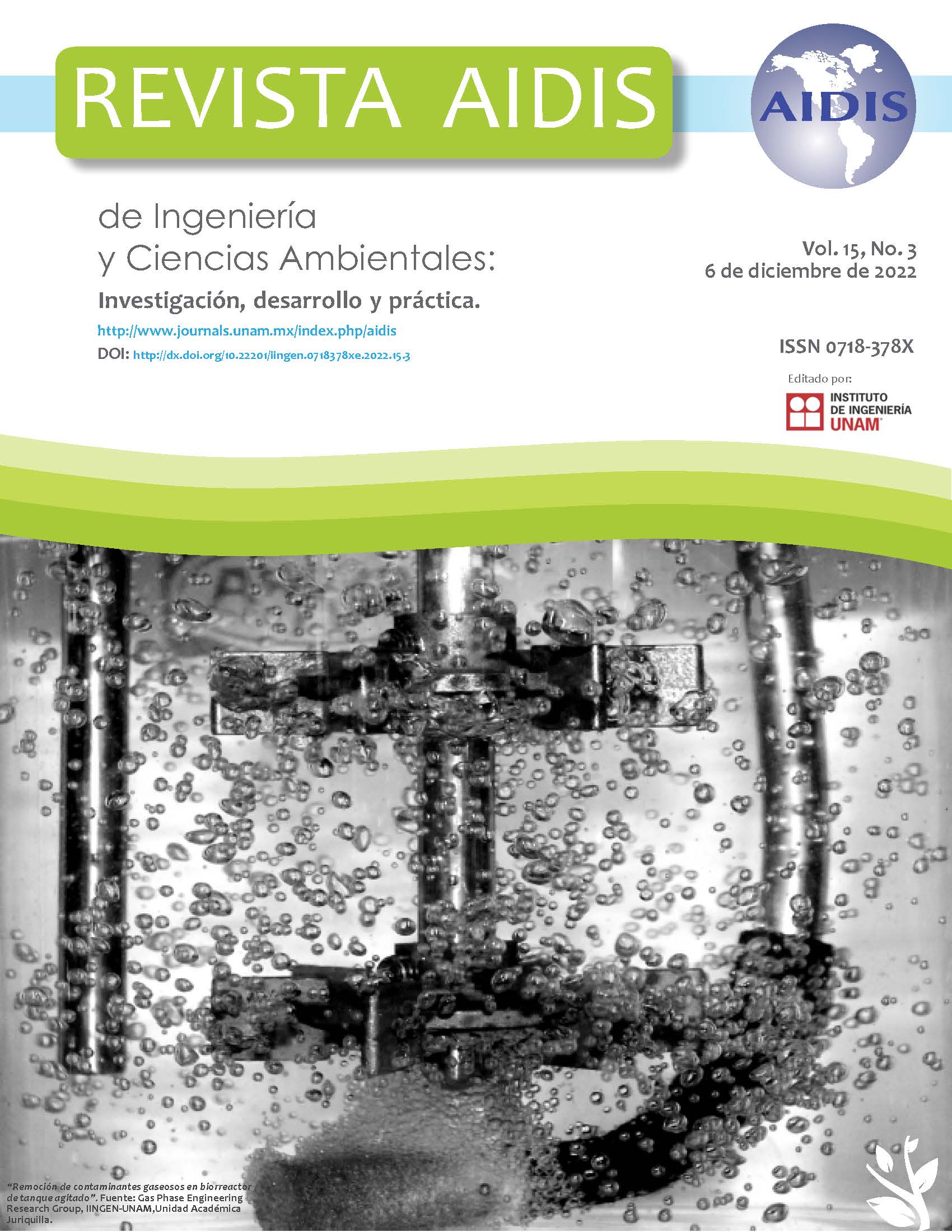EVALUATION OF WASTE MANAGEMENT PRACTICES OF HEALTHCARE FACILITIES ADOPTING ENVIRONMENTAL AUDIT: CASE STUDY
Main Article Content
Abstract
Brazilian legislation defines that the management of healthcare waste (HCW) must occur based on a waste management plan and this must be monitored to verify the effectiveness of the proposed actions. Audits are tools widely adopted in the business environment, which allow the verification of the status of processes. The audit related to waste management can point out inefficiencies, estimate the real costs of management and indicate the auditee's level of compliance with regulations and legislation. The aim of this study was to evaluate the benefits of environmental auditing as a monitoring tool for the implementation of the PMHCW in an institution, as well as the analysis of non-conformities identified in the period studied. One audit was carried out per year from 2016 to 2018, with 33 laboratories being audited in 2016, 41 in 2017 and 47 in 2018. The biggest nonconformities identified in the period between 2016 and 2018 were related to the absence of records/procedures on cleaning dumps (29 nonconformities) and lack of identification of dumps (13 nonconformities). For items related to incorrect disposal of PPE, the presence of recyclables dumps in the laboratory, inadequate replacement of waste bags and unmarked storage places, no non-conformities were found. There is an increase in the number of non-compliances in 2017 compared to 2016. This fact may be related to the increase in the number of laboratories audited in 2017. In 2018, 6 more laboratories were audited compared to 2017 and the number of non-conformities recorded was lower, which may indicate an improvement in waste management processes. The audit tool adopted in this case study allowed for an emphasis on the recurrent problems, indicating to the manager potential focuses to be prioritized for decision-making aiming at the continuous improvement of the process.
Article Details
Citas en Dimensions Service

This work is licensed under a Creative Commons Attribution-NonCommercial-NoDerivatives 4.0 International License.
